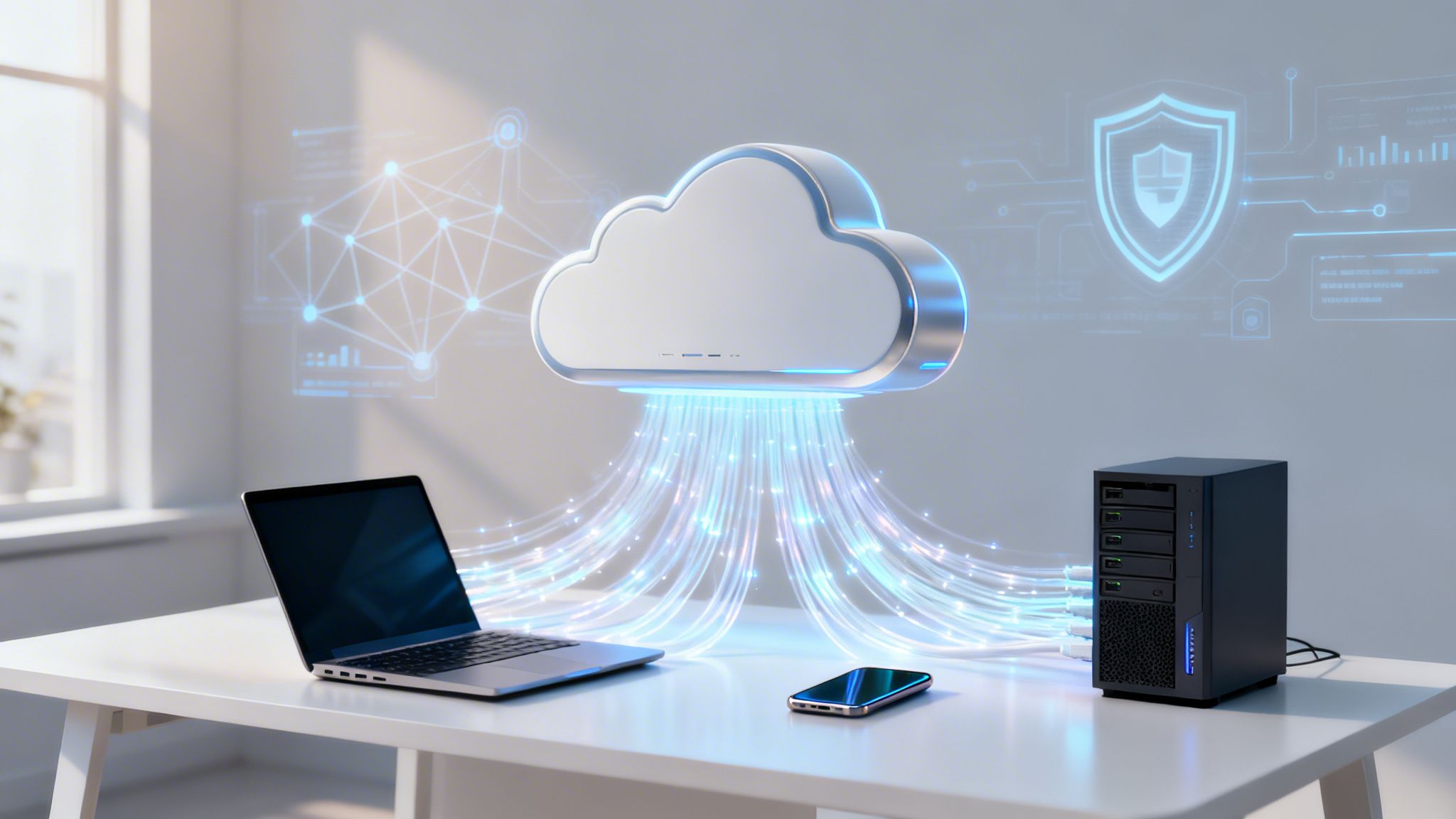Our latest survey: how do people use WiFi in public places?

Do you actively try to find free WiFi when you are out and about? Do you even access it if it's available? We surveyed a whopping 2540 people and our results were very interesting.
Demographics of our respondents
The respondents were nearly of equally mixed gender with just over half answering who were male. The majority of respondents were from the UK but we managed to gather data from over 30 countries.
Free WiFi means more customers and more money
Our findings confirmed that most customers appreciate the provision of free WiFi in the places they visit, as 72% of respondents told us that they do use WiFi in public places. Of these, 78% said that they actively looked for and would be more likely to visit a place that offered them free WiFi. Three quarters of the people surveyed who do use WiFi said that they spend more time at a venue offering free WiFi and two thirds suggested that they were likely to spend more money there.
Time flies when you are on free public WiFi
Just under half of public WiFi users access it once a week or more, 18% said they use it more than once a day. The majority of respondents said their actual log-on time is for up to 30 minutes at a time. 38% of users said they use it for between 30 minutes and one and a half hours. Some even report using it for more than one and a half hours (7%).
The main usage seemed to go on checking emails, with many also checking social media sites and browsing websites.
Banking on the WiFi?
In addition to these uses, the data also indicated that 17% do their banking via unsecured public WiFi, which is worrying. With 87% checking emails and 27% using public WiFi for work purposes, there is obviously a great need to make public networks more secure.
What do people want from public WiFi?
An easy login process was the winner here. Even of those we questioned who said they don't use WiFi in public cited this as the leading reason why they might be tempted to use it.
The availability of free WiFi was reported as a close second improvement. The majority of people questioned said that they wouldn't consider paying for a better bandwidth connection to use WiFi in public.
When actually deciding which network to connect to, 47% said that they would look for a brand name. The survey also revealed that content filtering should be made a legal requirement, according to most of the respondents.
Why people don't connect to public WiFi
The main reason seemed to be that some people weren't using mobile devices at all in public places. Of those who were, 27% worried that the network wasn't secure, totalling 6% of everyone questioned. Some said they didn't know how to use it and others felt that the registration process was too long.
When questioned whether they knew some of the benefits of connecting to WiFi, most respondents seemed to know it can be accessed for free in many venues. However, two thirds didn't know it could block inappropriate content and nearly 80% were unaware that customers can be sent vouchers and offers via the WiFi connection.
Public knowledge of how to access free WiFi is still lacking
Confusion about how to get online still exists. Purple WiFi's research reveals 66% of people were confused about how to get online; 54% believe they are automatically connected in a venue that offers WiFi, 7% believe they need to switch off and on again and 5% admitted that they simply don't know how to access public WiFi at all.
So it seems that whilst many people are getting connected to WiFi whilst out and about, there are lots of people and businesses that aren't fulfilling the true potential of public WiFi just yet.
Purple WiFi are proud to alleviate many of the main issues found in the survey, with easy social login, a secure guest WiFi network and best practice content filtering.





.png)
.png)





